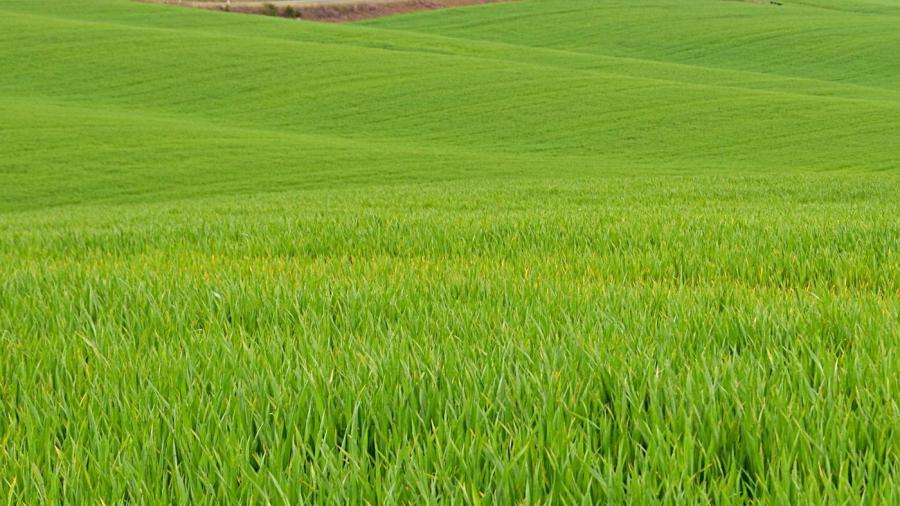What Would Happen If There Were No Trees on Earth?

Life could not exist on Earth without trees because they produce most of the oxygen that humans and wildlife breathe. Trees absorb carbon dioxide from the atmosphere and release oxygen using the process of photosynthesis. There would also be no rain without trees, since trees absorb water from the soil and release it through evapotranspiration. Water vapor released through evapotranspiration is the major mechanism by which air is remoistened.
Forests act as giant air filters for the world. Trees purify the air by absorbing pollutants such as sulfur dioxide and nitrogen dioxide, reducing pollution. Trees also help prevent topsoil erosion because they break the force of wind and rain on soil, their roots bind the soil, and their decayed, falling leaves are absorbed by the earth and enrich the soil. Trees conserve rainwater and reduce water runoff and sediment deposit after storms.
Additionally, trees provide a supply of lumber, seeds and fruit. Further, dead trees that fall and get buried in the soil eventually provide fossil fuels such as coal and petroleum products, among other things. Trees can also act as noise filters. Trees muffle urban clamor almost as well as walls do. Trees planted at strategic locations can decrease loud noises from airports and highways.





